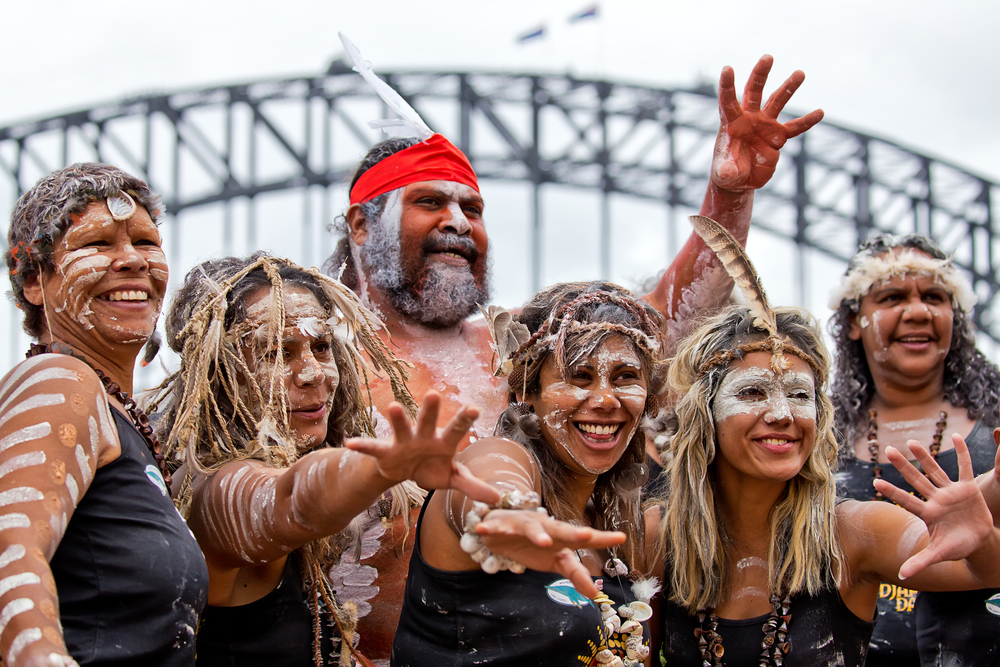NAIDOC Week has been celebrated around Australia, with hundreds of activities celebrating Indigenous culture and promoting awareness of Aboriginal and Torres Strait Islander heritage.
NAIDOC Week
Community marches, flag raising ceremonies and traditional dance performances have seen thousands of people taking part in NAIDOC Week across the country.
“Our Languages Matter” is this year’s NAIDOC Week theme. There are more than 120 Indigenous languages spoken in Australia. They each form a unique part of historical and cultural identity.
Ian Eggins, of the Bundjalung and Kamilaroi people, told local news sources that NAIDOC Week is an important celebration for Indigenous families and wider communities.
“It’s about being proud of Aboriginal and Torres Strait Islander culture. It’s also about paying respect to Aboriginal people, elders past and present.” Mr Eggins said.
Prime Minister Malcolm Turnbull encouraged all Australians to get involved in NAIDOC Week events, which are continuing this weekend from July 2 – 9.
“NAIDOC events are a great opportunity for people to gain a better understanding and appreciation of the richness and diversity of Indigenous art, language and culture,” Mr Turnbull said.
At House Call Doctor, we are proud to serve Indigenous communities throughout Queensland and New South Wales. As such, we have launched the $10 000 Futures in Health Indigenous Scholarship.
The Futures in Health Indigenous Scholarship recognises that Aboriginal and Torres Strait Islander health professionals remain too few. They only account for just 0.3% of the national healthcare workforce.
We believe that healthcare professionals should reflect the diversity of patients they care for. This enables the medical workforce to be more understanding and responsive to community needs.
Dr Mark Wenitong is the founder of the Australian Indigenous Doctors Association and a member of the Kabi Kabi people. Dr Wenitong said that Indigenous Australians have a vital role to play in professional healthcare.
“It is important to encourage more Aboriginal and Torres Strait Islander people to pursue a career in medicine. This should be a major focus for our nation’s health workforce,” he said.
“I would encourage Aboriginal and Torres Strait Islanders to apply for the Futures in Health Indigenous Scholarship. They should also apply for other programs like it, and aim to make a difference in your own life along with that of your community.”
For more information about the House Call Doctor Futures in Health Scholarship, visit the dedicated webpage. For ideas about celebrating NAIDOC Week this weekend, go online.





